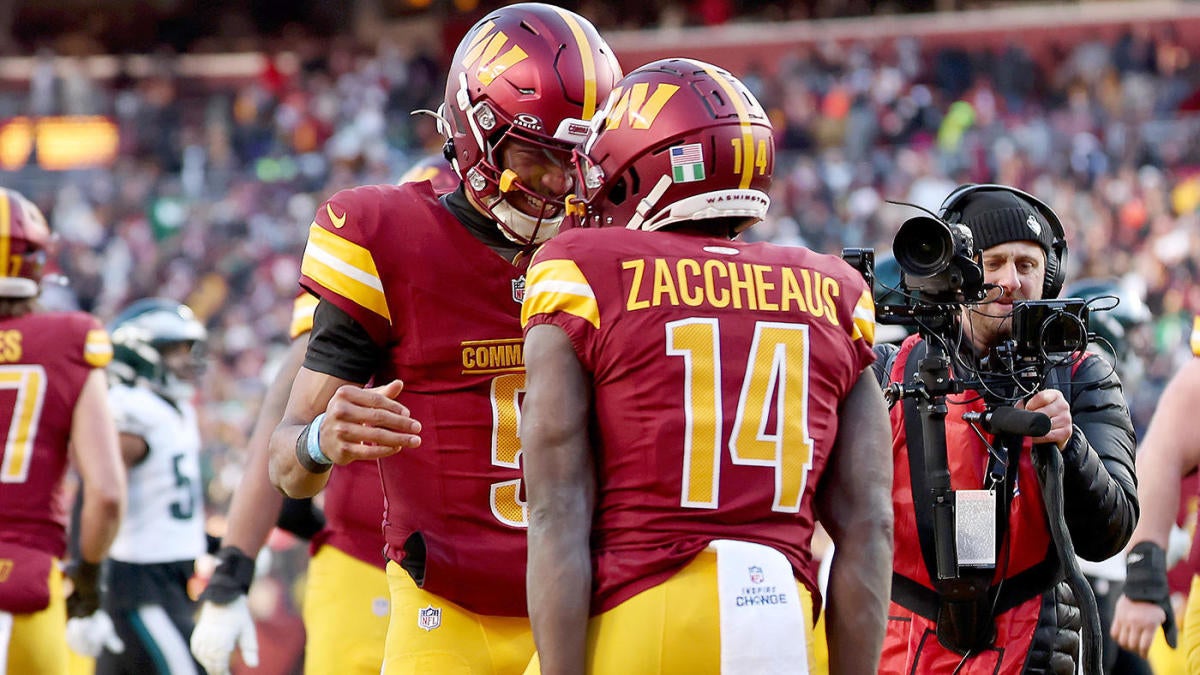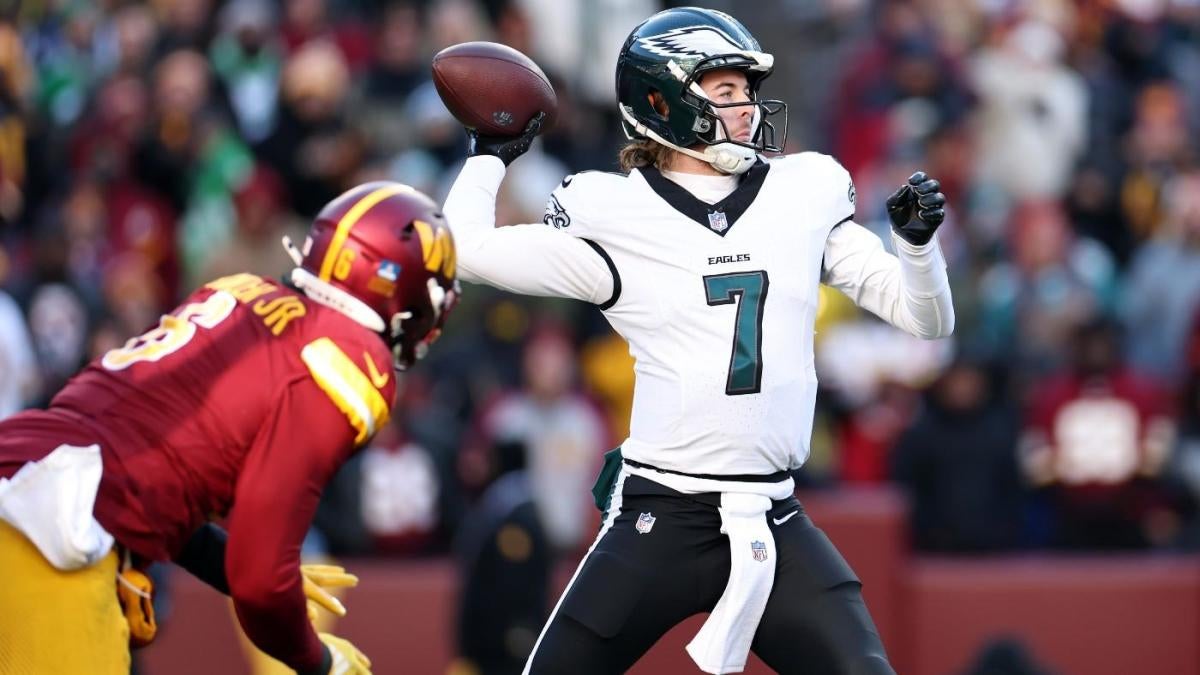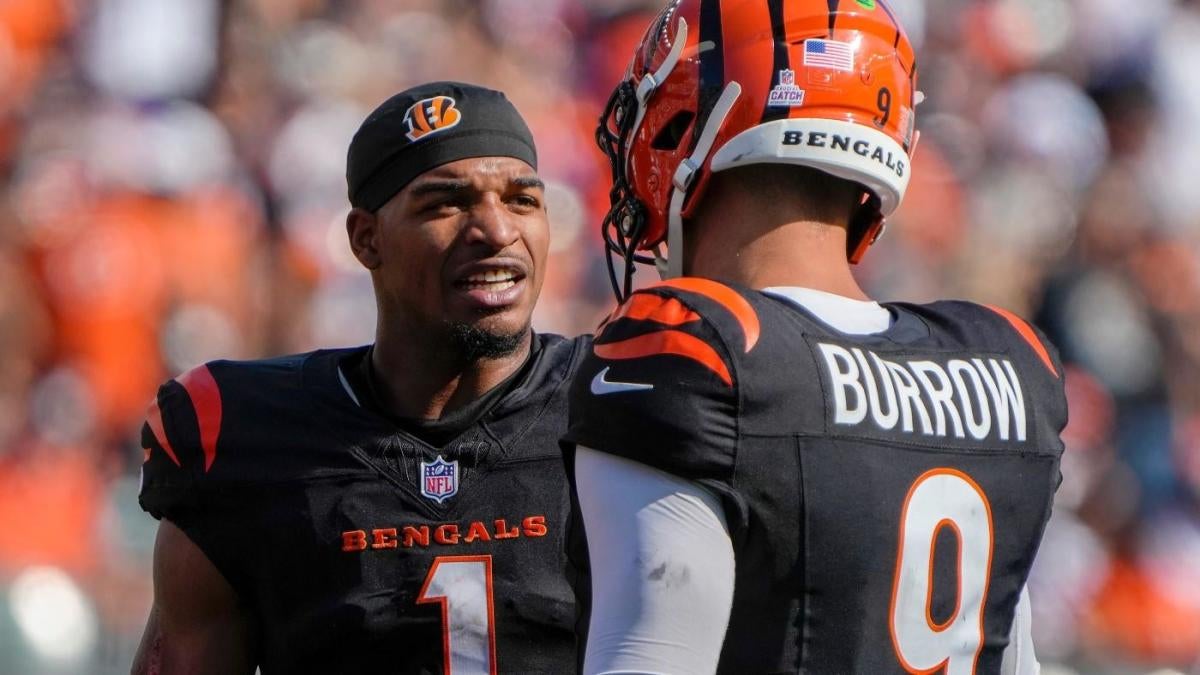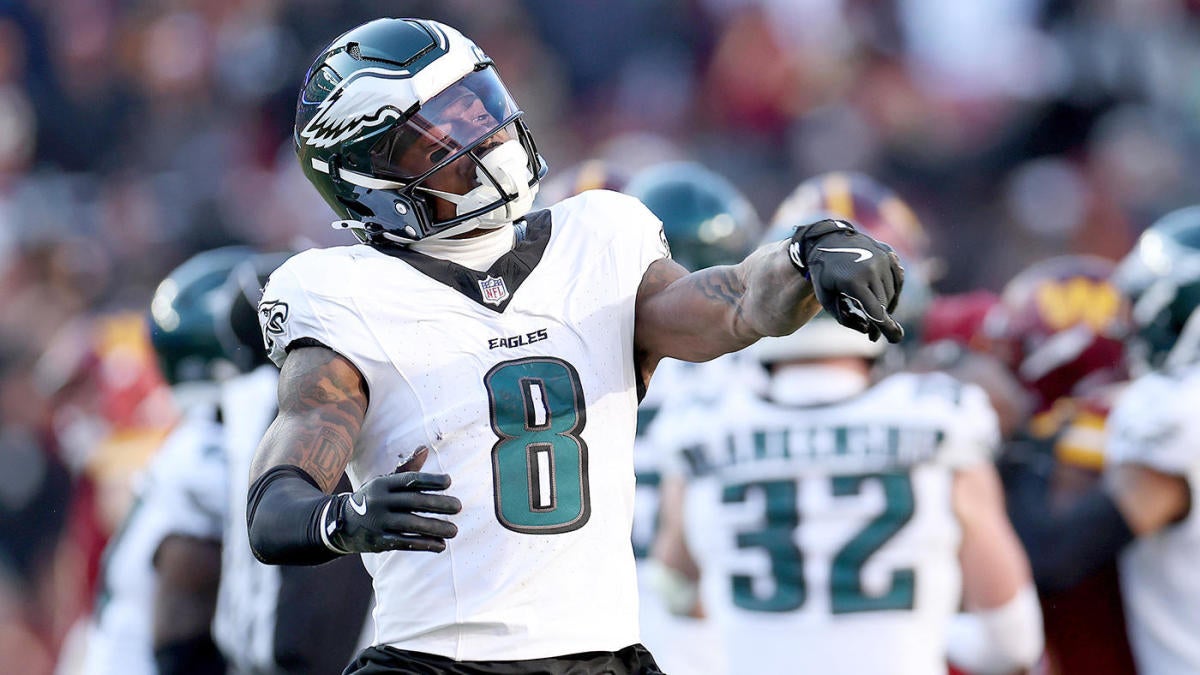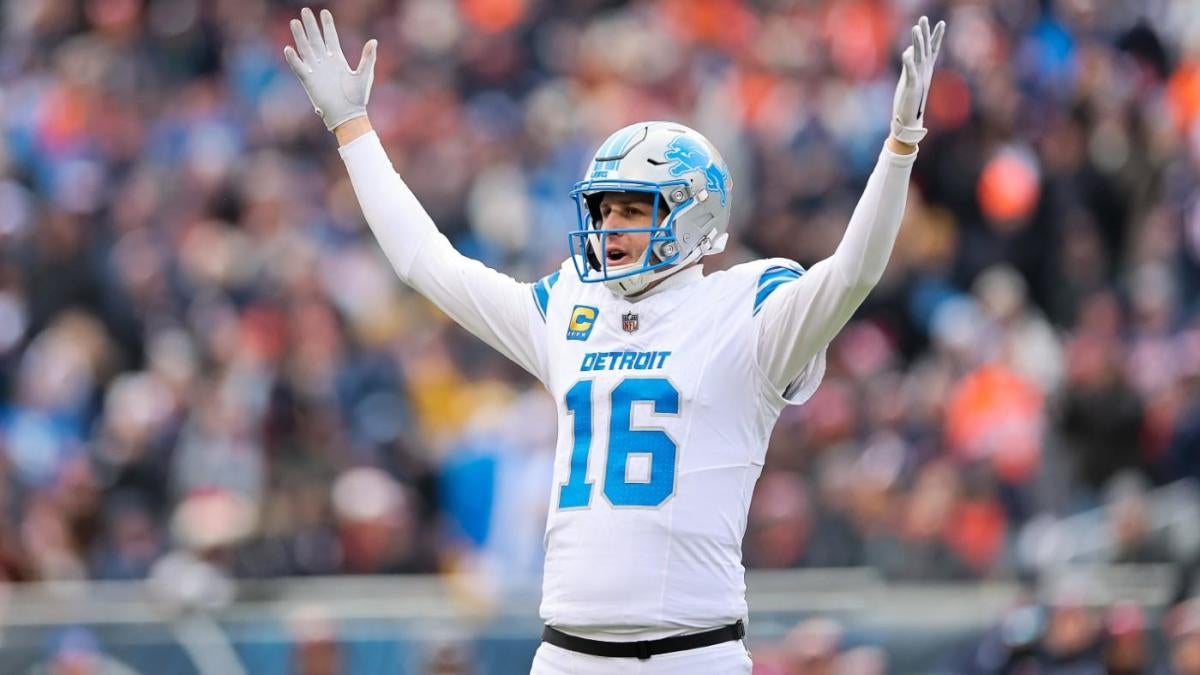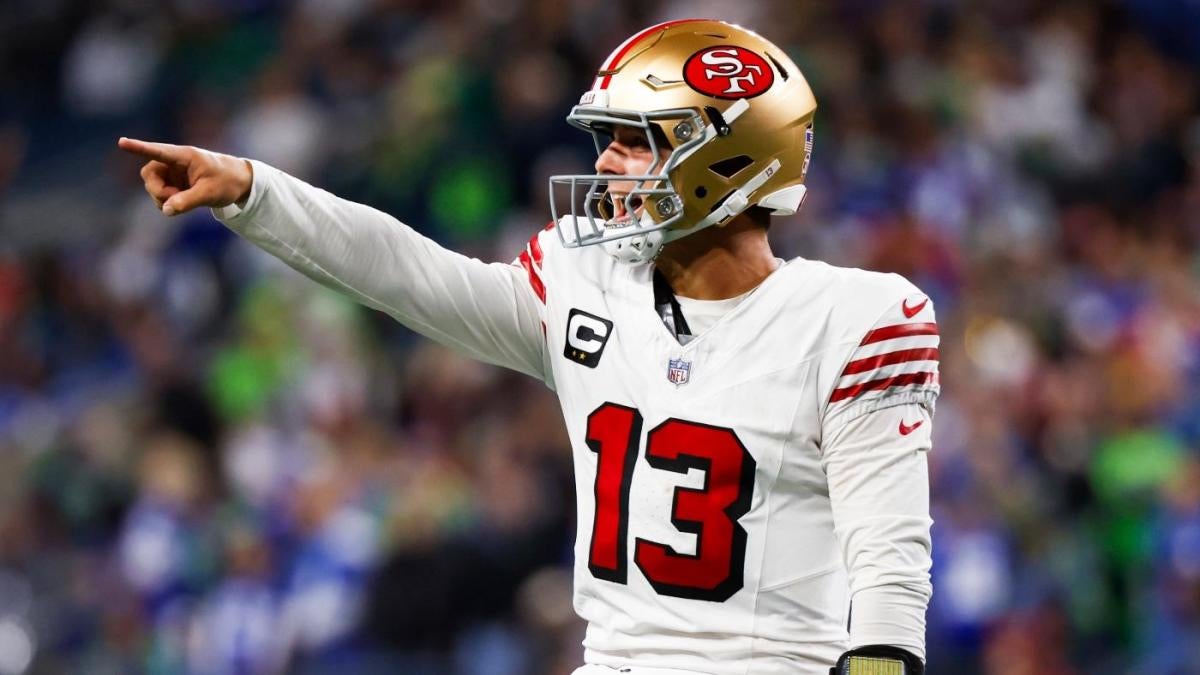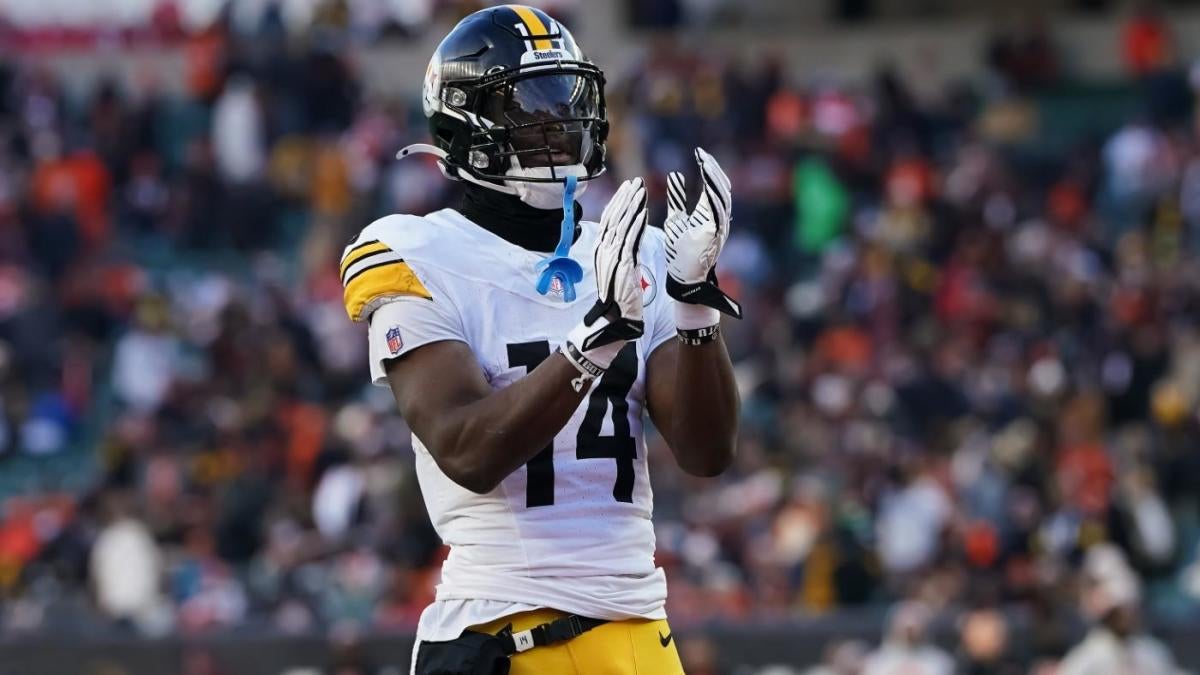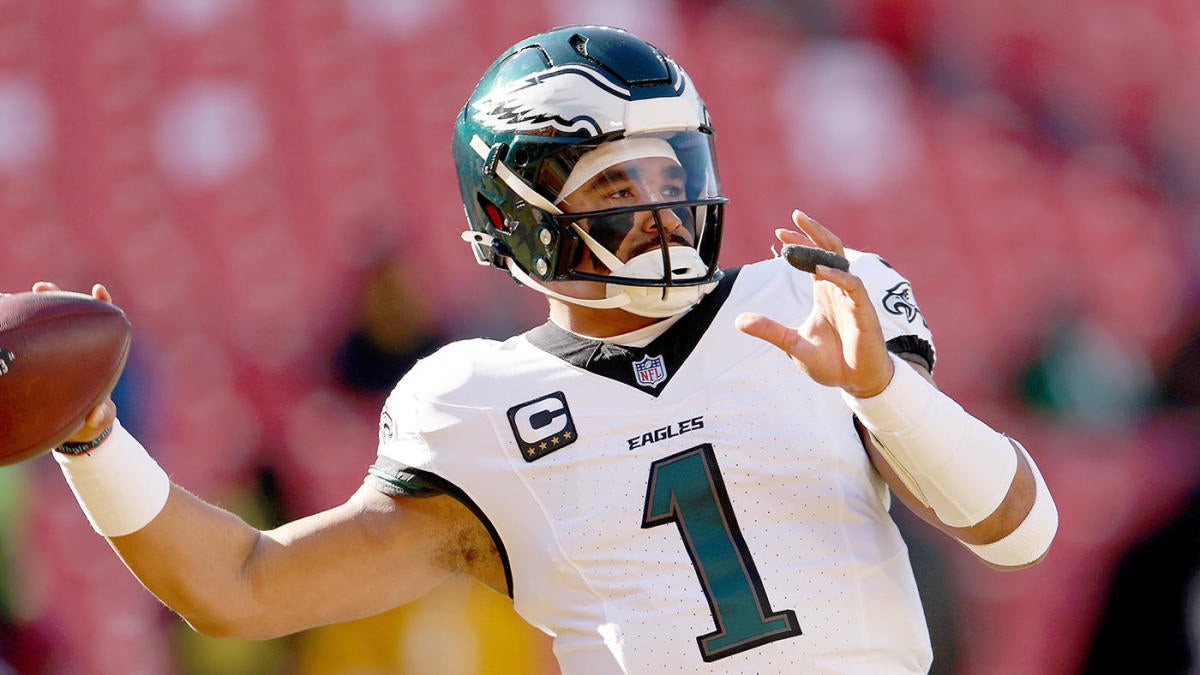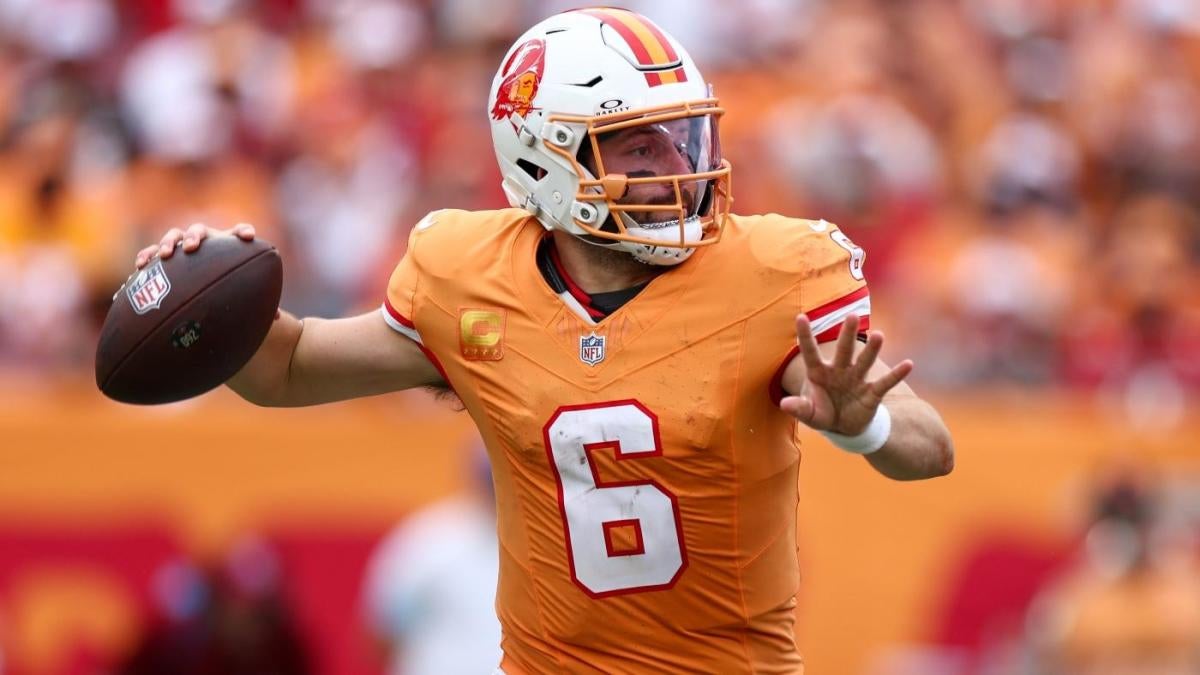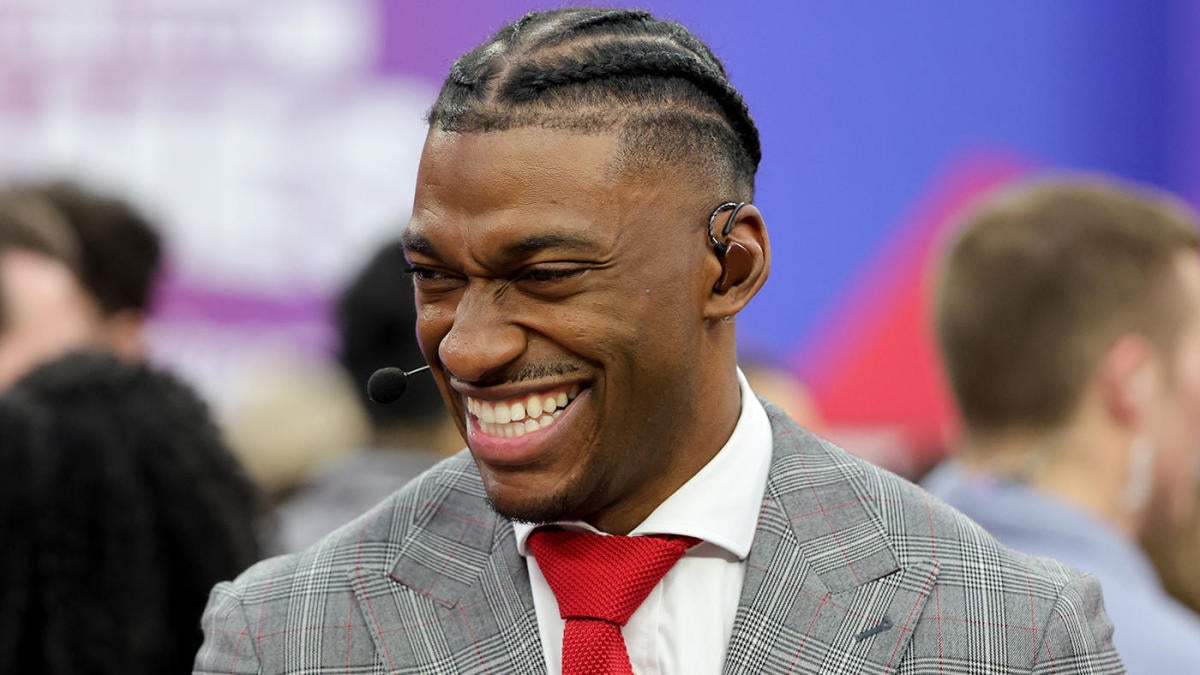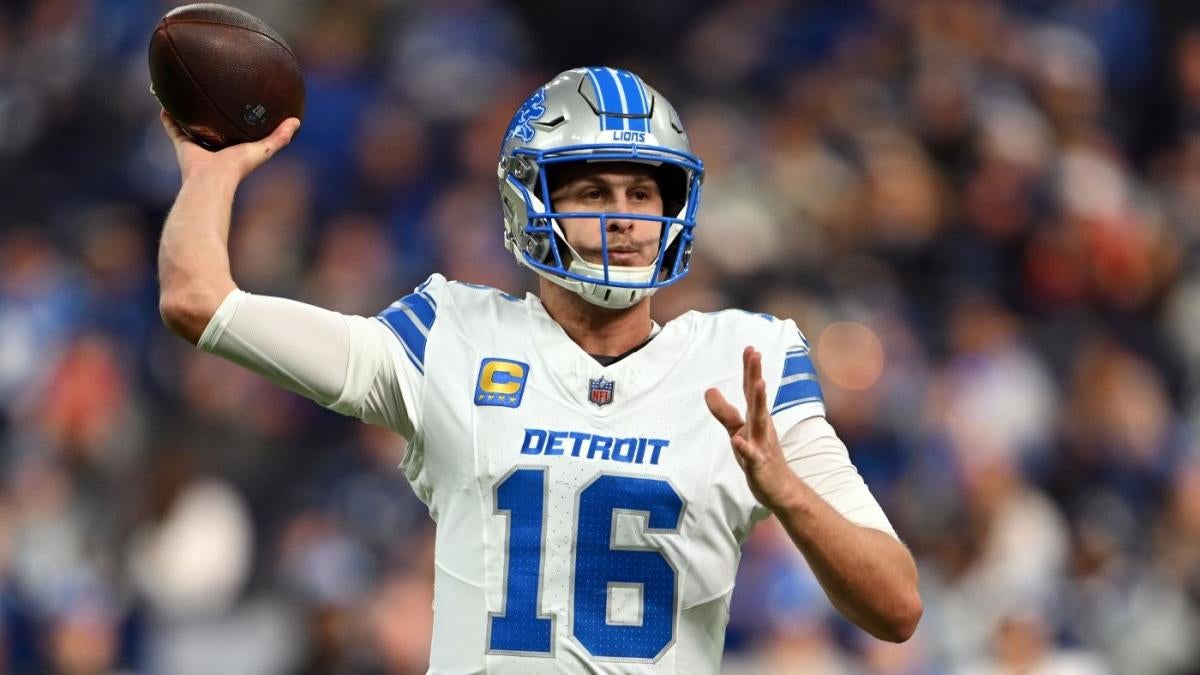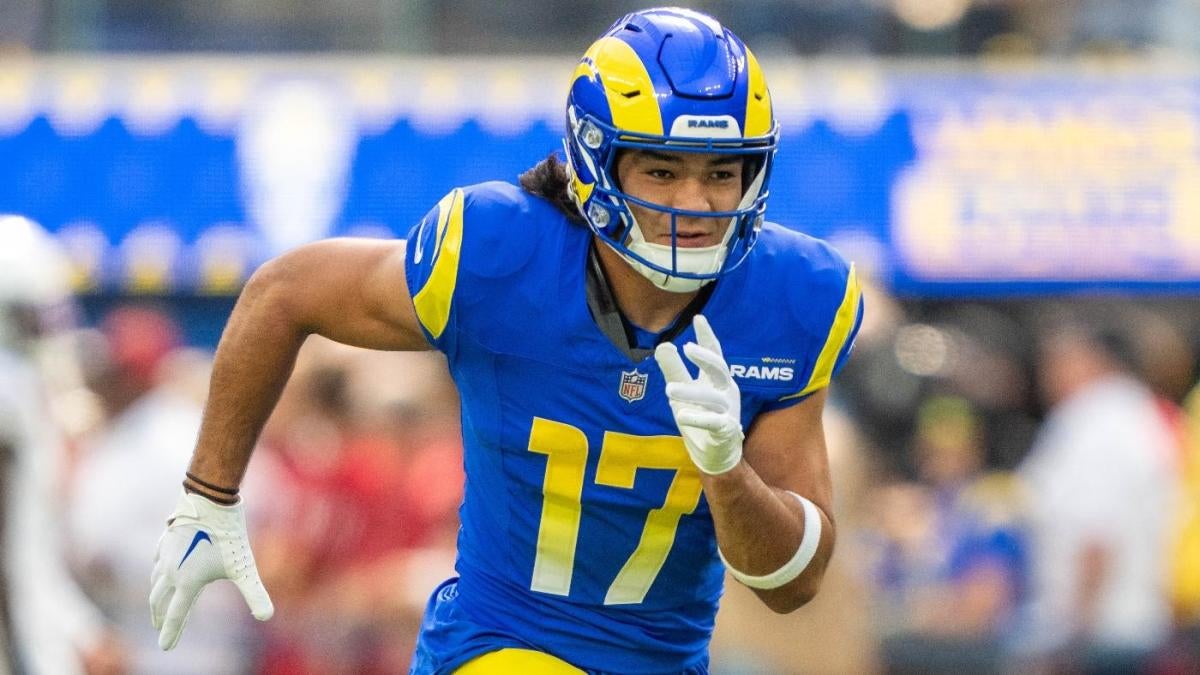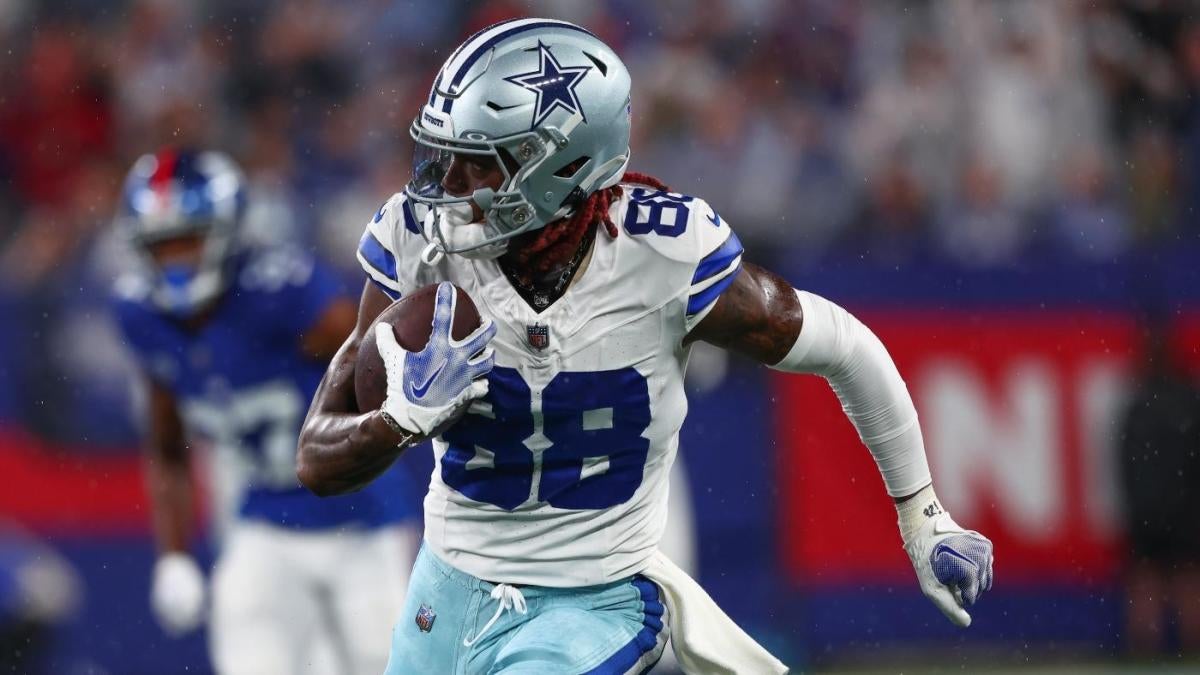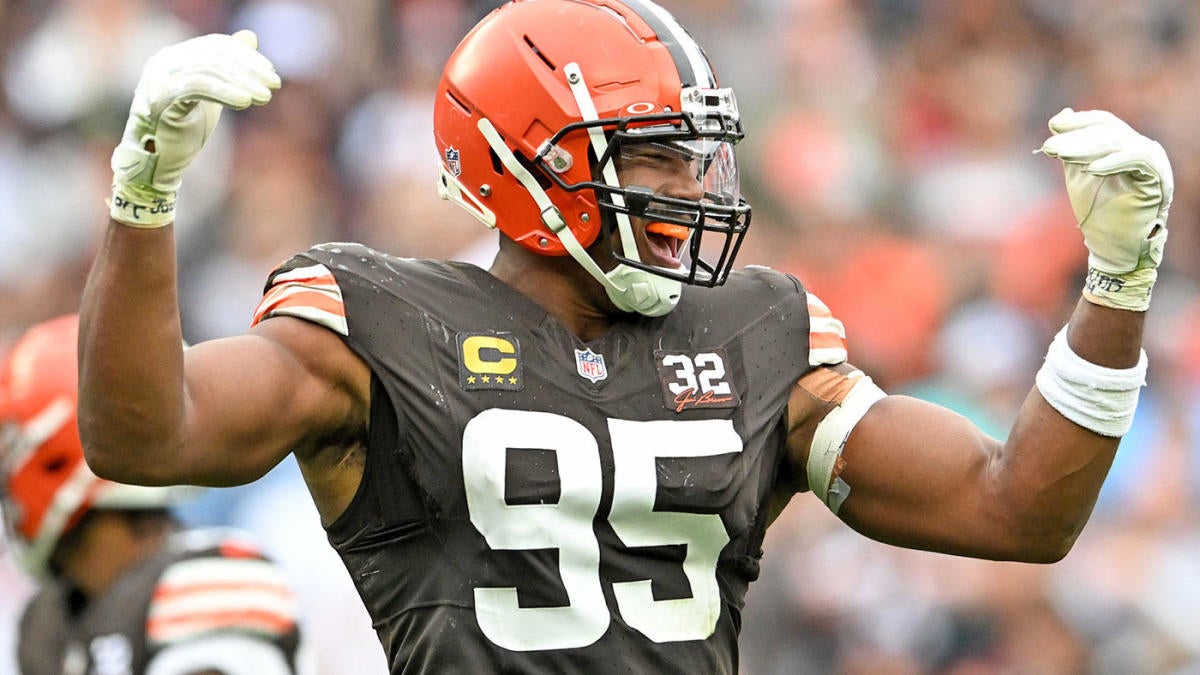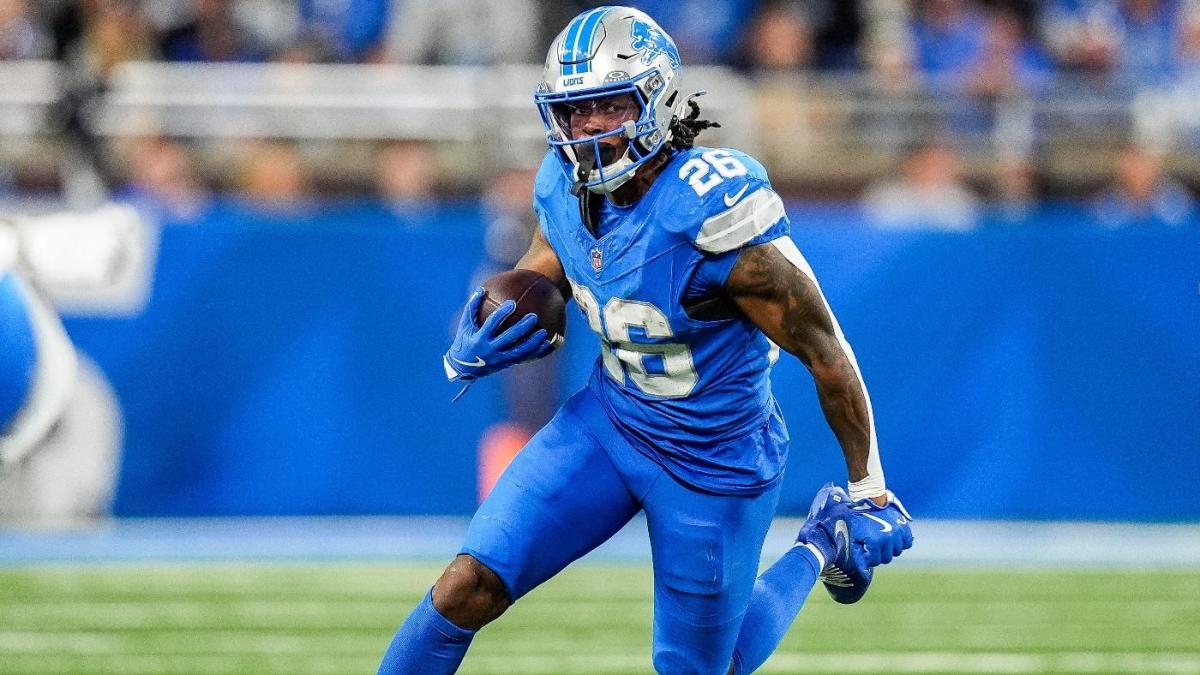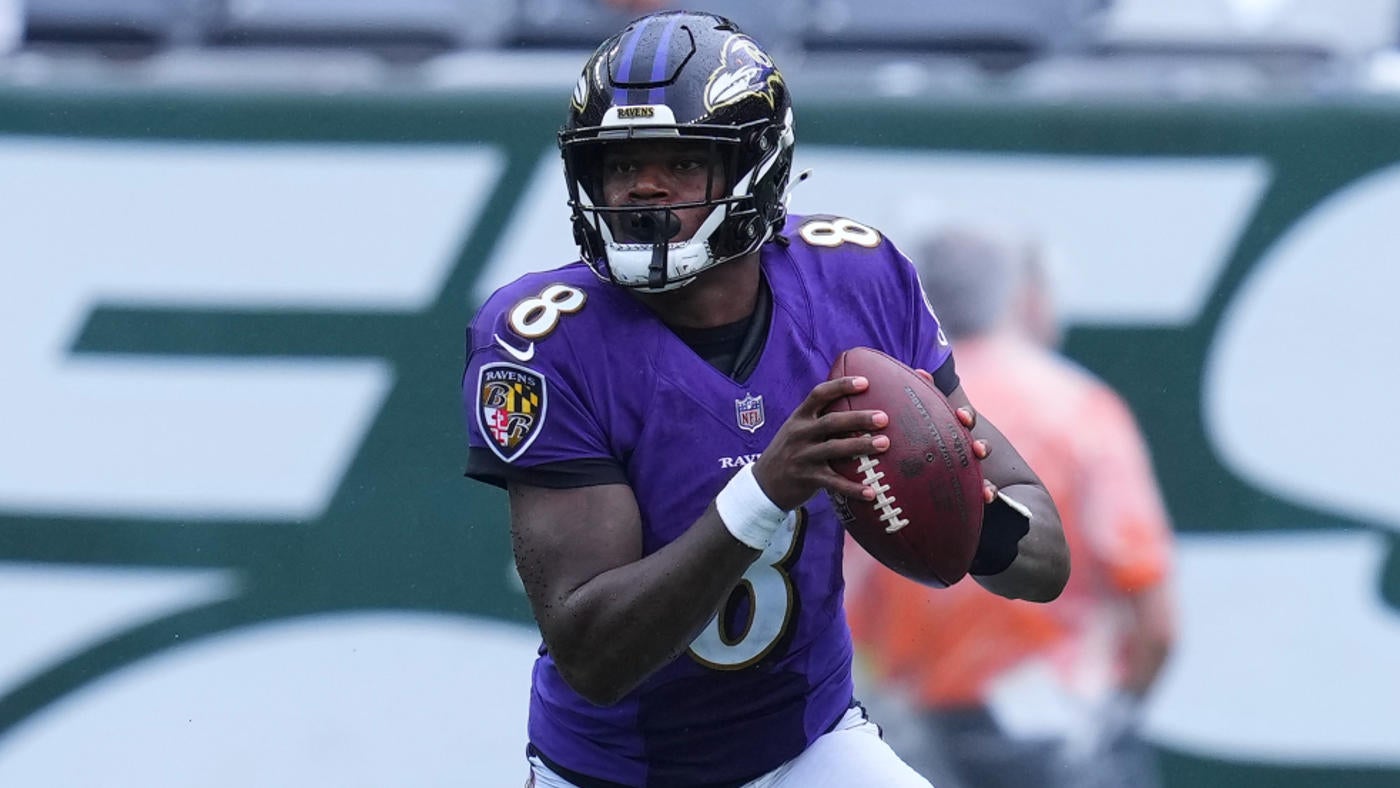
The New York Jets are painstakingly DESPERATE to acquire a face-of-the franchise quarterback. They haven’t had a franchise passer since Joe Namath, who recorded the first 4,000-yard passing season in NFL history back in 1967. They haven’t had a quarterback throw for that many passing yards since. Following the Sacramento Kings clinching a spot in the NBA playoffs on Wednesday night, it’s Gang Green that now has the longest active playoff drought in North American professional sports — MLB, NBA, NFL, and NHL — at 12 seasons. The Jets haven’t reached the postseason since the 2010 season when their head coach was Rex Ryan, their quarterback was Mark Sanchez, and their top-10 defense was led by Hall of Fame cornerback Darrelle Revis.
Naturally, New York has gone all out to acquire an experienced Pro Bowl passer this offseason since team owner Woody Johnson indicated in January that he was “absolutely” willing to pay up for a veteran quarterback to pair up with the Jets top-five scoring defense (18.6 points per game allowed, fourth-best in the NFL).
“We’ve got a cap of how much you can spend, but yeah,” Johnson said in January. “That’s [a veteran quarterback] kind of the missing piece. Defense was an unbelievable story, you saw, from last place to close to the top. If you can do the same thing on offense, it looks pretty good.”
That pursuit of an established quarterback has manifested itself in bending over backwards for four-time NFL MVP Aaron Rodgers. The Jets have hired former Packers offensive coordinator Nathaniel Hackett, signed former Green Bay wide receiver Allen Lazard to a four-year, $44 million contract, and it worked. After Rodgers met with the team at his home in California, he announced his intention to play for the Jets. However, the trade deal with the Packers is reportedly being held up because there are concerns on the Jets’ side about how much longer the 39-year-old Rodgers wants to play ball.
Given that concern, why don’t the Jets just pivot to another NFL MVP quarterback who is 13 years younger in 26-year-old Baltimore Ravens quarterback Lamar Jackson? He’s on the non-exclusive franchise tag, meaning New York can send him an offer sheet at any time now. If Jackson signs an offer sheet, Baltimore will have five days to match it or receive two first-round picks as compensation. The Ravens and Jets could also work out a trade, once Jackson is signed. Here’s what Jets general manager Joe Douglas said about a Jackson pursuit on Tuesday.
“First of all, Lamar Jackson is a fantastic player, but where we stand is, it would be disingenuous and negotiating in bad faith if we went down that path,” Douglas said. “We have our plan, we have our process and we’re sticking to that … We’re never going to operate in bad faith.”
Douglas is the general manger of an NFL team, specifically an NFL team that needs to make the playoffs this year as his job and head coach Robert Saleh’s job may be on the line if they don’t. His boss, team owner Woody Johnson, said as much Tuesday.
“I’m not the patient sort,” Johnson said. “We’re in the win business. We have to win now.”
Yet, Douglas is operating as if he’s the GM of a fantasy football team with an overly-sensitive group of college buddies. In most fantasy football leagues, other teams would be understanding of a team shifting to a different trade if it’s the better deal.
Should Douglas tire of going back and forth with Packers general manager Brian Gutekunst over Rodgers, which is unlikely to happen but just in case, here are a few reasons why getting into the Lamar Jackson business makes sense for the Jets both now and down the road.
1. Jackson fits the Jets’ team timeline in relation to the age of New York’s other top players
The vast majority of the New York Jets’ core group is under 30. All of their top three wide receivers as well as their starting tight end are younger than 29 years old in 2022 Offensive Rookie of the Year Garrett Wilson (turns 23 on July 22), free agent signee Allen Lazard (turns 28 on Dec. 11), free agent signee Mecole Hardman (25), and tight end Tyler Conklin (turns 28 on July 30). Ditto for second-year running back Breece Hall (21), 2022 First-Team All-Pro defensive tackle Quinnen Williams (turns 26 on Dec. 5), and 2022 Defensive Rookie of the Year cornerback Sauce Gardner (turns 23 on Aug. 31).
Adding Rodgers to the Jets would be putting a two-year window on a core that could contend much longer with a more stable, in terms of years left to play in career, quarterback. Back in 2009, New York selected USC quarterback Mark Sanchez fifth overall in the draft, putting youth at the quarterback position while every other key position on the roster was predominantly filled by win-now veterans. New York reached consecutive AFC Championship games in the 2009 and 2010 seasons, but they haven’t made the playoffs since as their roster withered away around Sanchez, derailing his development. As result, Gang Green now has possession of the longest active postseason drought, 12 seasons.
Trading for Rodgers would put the Jets’ roster in the opposite position of those early 2010s Jets with a young cast and an aging quarterback, but after Rodgers leaves in a year or two, New York could find itself back in the same place. Acquiring 2019 unanimous MVP Jackson, who’s 26, would give Gang Green a quarterback on a similar career arc as the rest of its roster, putting the franchise in a better position to contend over the long haul.
2. The acquisition cost for Rodgers is going to be multiple picks and adding one of the richest contracts in the NFL. How about investing in a younger player at that price point?
Clearly, Rodgers isn’t a free agent as he has two years remaining on his three-year, $150 million contract extension he signed last offseason. That contract made Rodgers the first player in NFL history to have a contract with an average annual value of $50 million per year. Yet, the Jets are all-in to not only take on his historic contract but also surrender draft picks to the Packers via trade to take on a 39-year-old with a huge contract.
Signing Lamar Jackson off of his non-exclusive franchise tag requires crafting a contract the Baltimore Ravens won’t match — a deal with at least $231 million guaranteed, which would be one million more than what Deshaun Watson received on his Cleveland Browns contract extension — and then coming to terms with Baltimore on a trade package. Both processes involve taking on the richest contract in the NFL and surrendering early-round draft picks to do so. The difference: Jackson is 13 years younger than Rodgers. There’s plenty of ways to structure a contract for Jackson through signing bonuses, roster bonuses, and more to lower a cap hit on a massive contract like the one Jackson would command.
If the Jets are going to trade in a stockpile of their top picks and salary cap space for a quarterback, doing so for the one who will stick around longer is the way to go.
3. Jackson could make another leap in New York with the best pass-catching core of his career
One of the top concerns quarterback-needy teams have decreed when asked why they haven’t pursued Jackson is his play style. He’s a different kind of quarterback. Jackson is one of only six players in NFL history to have over 100 passing touchdowns (101) and over 4,000 rushing yards (4,437). He’s the fastest player to hit these bench marks by a whopping 31 games. His career rushing yards total of 4,437 is already the fifth-most by a quarterback in NFL history, and his total is also 1,230 MORE rushing yards through five seasons than any other quarterback all time.
100+ pass TD and 4,000+ rushing yards in NFL history
| QB | GAMES NEEDED TO HIT BENCHMARKS |
|---|---|
Lamar Jackson | 67 |
Randall Cunningham | 98 |
103 | |
Michael Vick | 103 |
| Russell Wilson | 129 |
| Steve Young | 161 |
Jackson has run as much as he has out of necessity, not because it’s his only path to success. Baltimore’s offense is centered around the run because of their refusal to invest significant money into their offense. The Ravens have spent a combined $262.7 million on the offensive side of the ball since 2019, when Jackson became their full-time starting quarterback. That’s the least amount of money spent on offense in the ENTIRE NFL in that span. Their wide receiver group has accounted for $47.2 million of that total since 2019, the second-least amount of money spent on wide receivers in that span ahead of only the Pittsburgh Steelers‘ league-low $34.2 million.
Naturally, Ravens wide receivers have ranked dead last in receiving yards per game in three of the last four seasons since 2019. Tight end Mark Andrews, Jackson’s top target, has 3,761 receiving yards since 2019, the second-most among tight ends behind only Kansas City Chiefs tight end Travis Kelce’s 5,108 receiving yards in that span. The only other Raven with over 1,000 receiving yards from 2019-2022 is wide receiver Marquise Brown (2,361), the team’s first-round pick in 2019. He was traded to the Arizona Cardinals last offseason in exchange for a first-round pick that eventually turned into center Tyler Linderbaum.
Ravens receiving yards per game by WRs
| SEASON | RECEIVING YPG | NFL RANK |
|---|---|---|
2022 | 89.2 | Last |
2021 | 142.4 | 19th |
2020 | 108.1 | Last |
2019 | 88.7 | Last |
That lack of investment has also led to a lack of continuity at the Ravens’ offensive skill positions, further capping Jackson’s growth as a passer. Since 2018, when Jackson was drafted, their most common combination of five skill players was running back J.K. Dobbins, wide receiver Marquise Brown, wide receiver Miles Boykin, wide receiver Willie Snead and tight end Mark Andrews. They played a measly 97 snaps together. That ranks 120th among all NFL team skill player combos in that span.
However, the Jets come fully-loaded at running back and receiver with Garrett Wilson in his second season, receiver Allen Lazard locked down on a four-year, $44 million contract, wide receiver Mecole Hardman representing perhaps the fastest player Jackson has played with, and running back Breece Hall entering his second season. That group is a bunch of young, explosive playmakers who will mostly be around for multiple seasons. Jackson combined with that group could make another giant leap that could thrust him right back into the NFL MVP conversation for years to come. Those playmakers could also lead to Jackson dialing back on his rushing attempts, which would also extend the length of his career.
4. Aaron Rodgers had arguably the worst season of his career in 2022 while playing with a broken thumb
The Jets acquiring Rodgers now is not the same as acquiring Rodgers a year ago. In the 2022 offseason, Rodgers was coming off consecutive, healthy NFL MVP campaigns. This offseason, Rodgers is coming off arguably the worst statistical season of his career with his personal-low in passer rating (91.1) while playing through a broken thumb on his throwing hand. He suffered the injury on the final play of the Packers’ Week 4 loss against the Giants in London, when he was smacked getting ready to uncork a Hail Mary heave.
Aaron Rodgers’ 2022 stats
| CAREER RANK AS STARTER | ||
|---|---|---|
Pass Yards | 3,695 | 3rd-worst |
Pass Yards/Attempt | 6.8 | 2nd-worst |
Passing Touchdowns | 26 | T-4th-worst |
Interceptions | 12 | 2nd-worst |
Passer Rating | 91.1 | Worst |
As Rodgers enters age 40 during the 2023 season, the odds of him taking another shot in the pocket and suffering a season-altering injury increase exponentially. Meanwhile, Lamar Jackson has only missed 10 career games because of injury. Sure, both have come in the last two seasons, but from 2018-2020, Jackson missed zero games due to injury across his first three seasons. If the Jets take a step back and think about it, emptying out their piggy bank for a quarterback who has only taken four full seasons of NFL beatings in Jackson is a safer bet than doing so for a passer who has taken 15 full seasons of NFL hits in Rodgers.
As of this moment, the Jets and Packers have not come to terms on an Aaron Rodgers trade. It’s not too late to turn back and offer Lamar Jackson a contract with over $230 million in guaranteed money that the Ravens wouldn’t match. Acquiring Jackson would prop the Jets’ window of contention open for at least four or five seasons, if not more. Acquiring Rodgers would do so for two or three seasons, if that. At one point this offseason, Rodgers was had a mindset of being “90 percent retired.” Doing the right thing can sometimes be difficult, but it’s always worth it. Trading for Lamar Jackson instead of Aaron Rodgers is the right thing for the Jets.
Go to Source
Author: Garrett Podell
March 31, 2023 | 11:21 am
